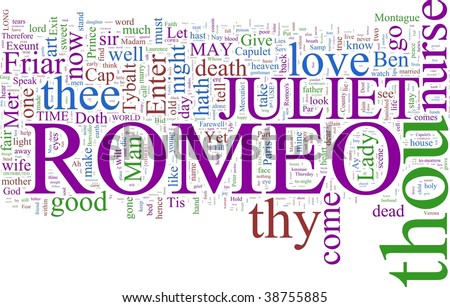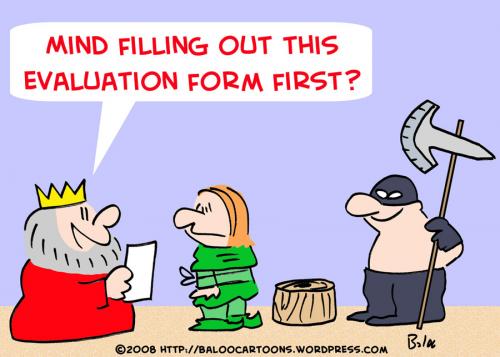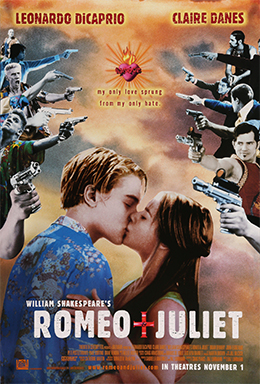
1. Posts
A. Quantity: I should have posted several more times, according to the class criteria for the second half of the semester. I felt like I was ready to post three times a week once we switched to that policy, but I just couldn't keep up.
B. Content: I feel like I have posted useful and appropriate content relating to my studies of Shakespeare and the history of the English language. The posts since the switch in the semester have largely been focused on this study (with a couple "gee-whiz" posts in between.)
B. Content: I feel like I have posted useful and appropriate content relating to my studies of Shakespeare and the history of the English language. The posts since the switch in the semester have largely been focused on this study (with a couple "gee-whiz" posts in between.)
C. Format: I tried to create titles that were specific and focused on the subject at hand, while also being interesting or catchy. The design of the blog is fairly plain, which I felt like was beneficial so as to not appear cluttered or disorganized to the eye. I didn't use jump breaks, partly because I never understood how to install them in Blogger.
2. Research
A. Thematic Focus: My blogs regarding the research topic have a clear theme and they are explained in the hub post.
B. Thesis and Cohesion: My thesis was explained clearly and was supported by my posts regarding the research topic.
C. I put my main sources in the hub post, but I didn't use MLA format or formal citation (I wasn't sure of the rule on this.)
3. Personal and Social
A. Author identity: I have an "About Me" section, which shows my bio and some personal information. I didn't put a whole lot of pizazz/design in the blog, because I thought it looked nicer and was easier to read.
B. Documentation of Process: I feel like I have documented my process well, showing my thoughts and inquiries as I study and research different topics within the arena of Shakespeare and language.
C. Interactions: I didn't specifically ask for much input, besides one blog about the transformation of the English language, but I have commented on many students' blogs and have responded to several different comments on my blog.
4. Design
Appropriate to theme: The design of the blog was basic, lacking many bells and whistles, so I could have added more widgets that would contribute to the study of the English language and Shakespeare's contributions.









